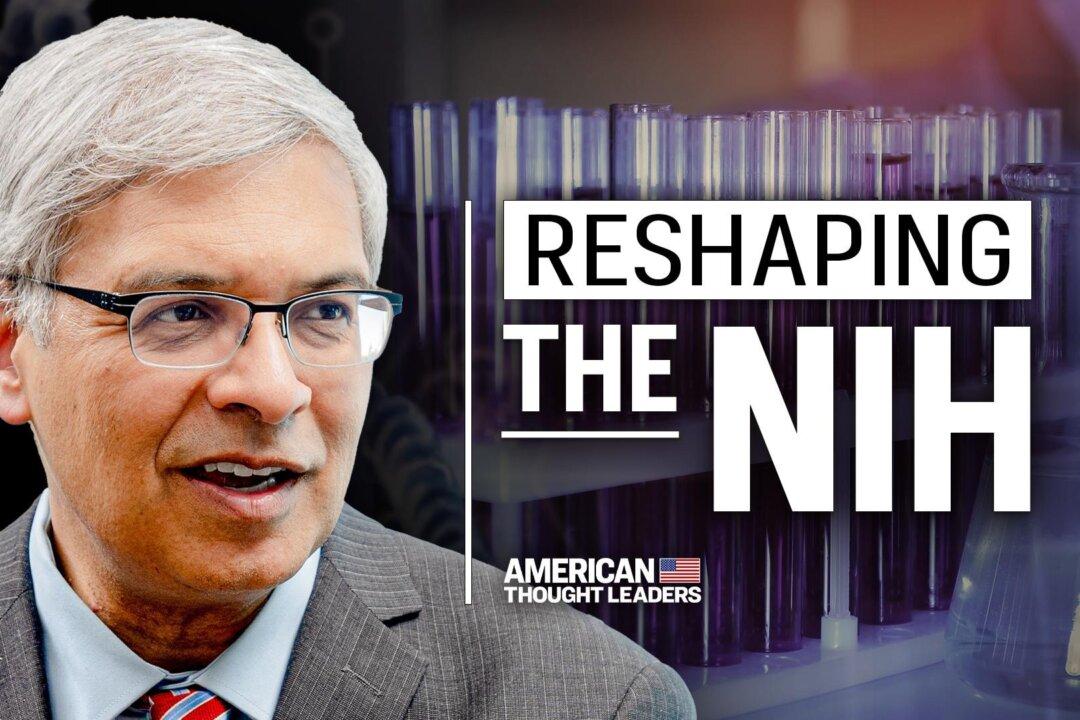In a recent episode of “American Thought Leaders,” host Jan Jekielek spoke with Tabia Lee about her heterodox approach to diversity, equity, and inclusion (DEI), the difference between classical and critical social justice, and what it means to practice genuine inclusion. In 2021, Ms. Lee was hired to direct De Anza College’s Office of Equity, Social Justice, and Multicultural Education, and to reduce the wokeness of the institution. Two years later, she was terminated for her support for classical social justice and her inquiry-based approach to DEI.
Jan Jekielek: I read your article in Compact Magazine where you describe your experience as the DEI director at De Anza College. You were hired because the administration was worried that things had gotten too woke, and you were invited to come in and deal with that. How is your DEI approach different from the one that dominates today?






